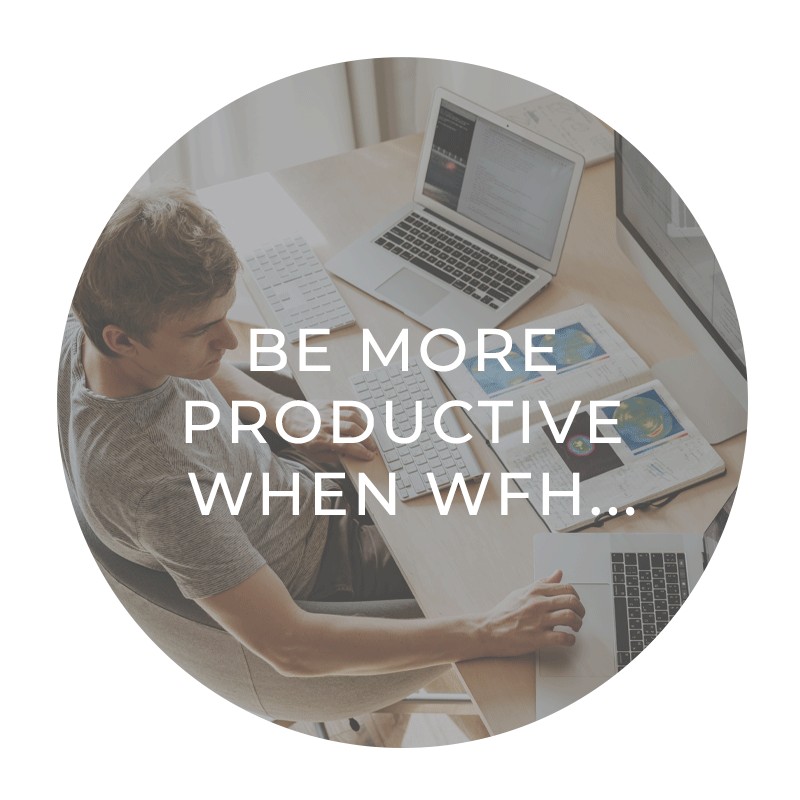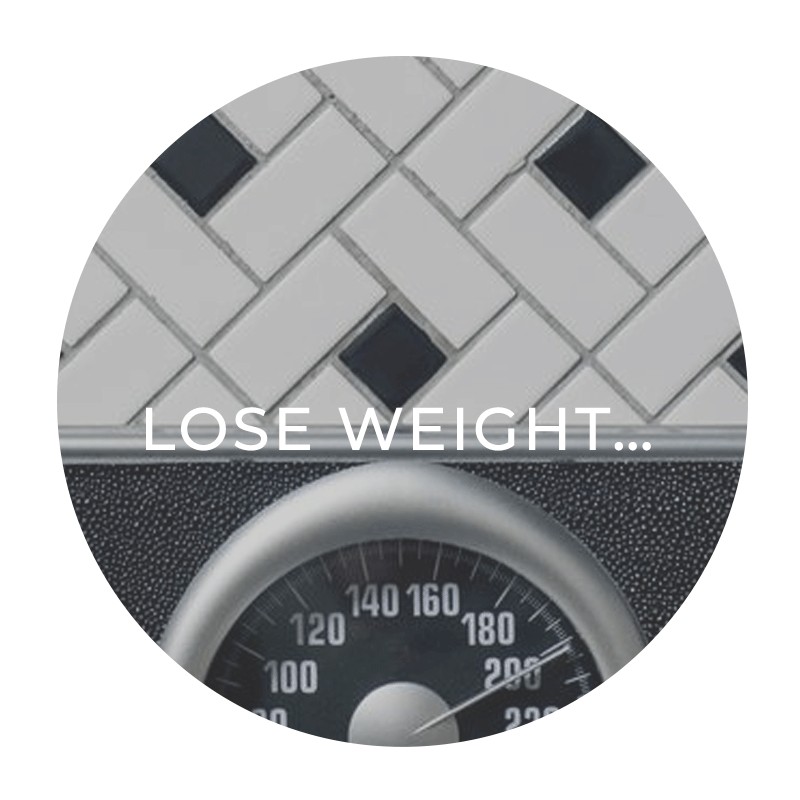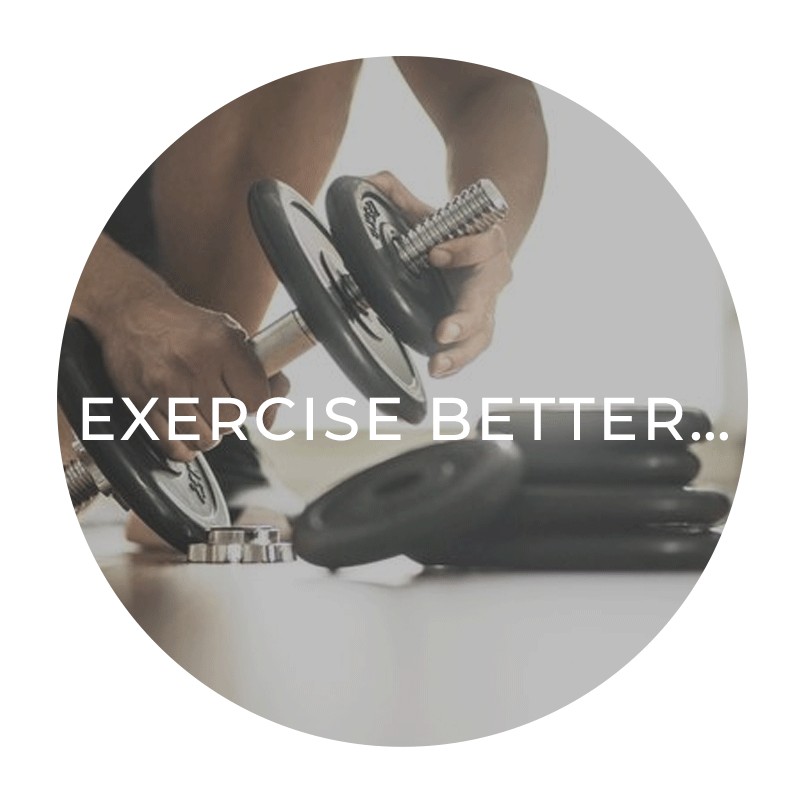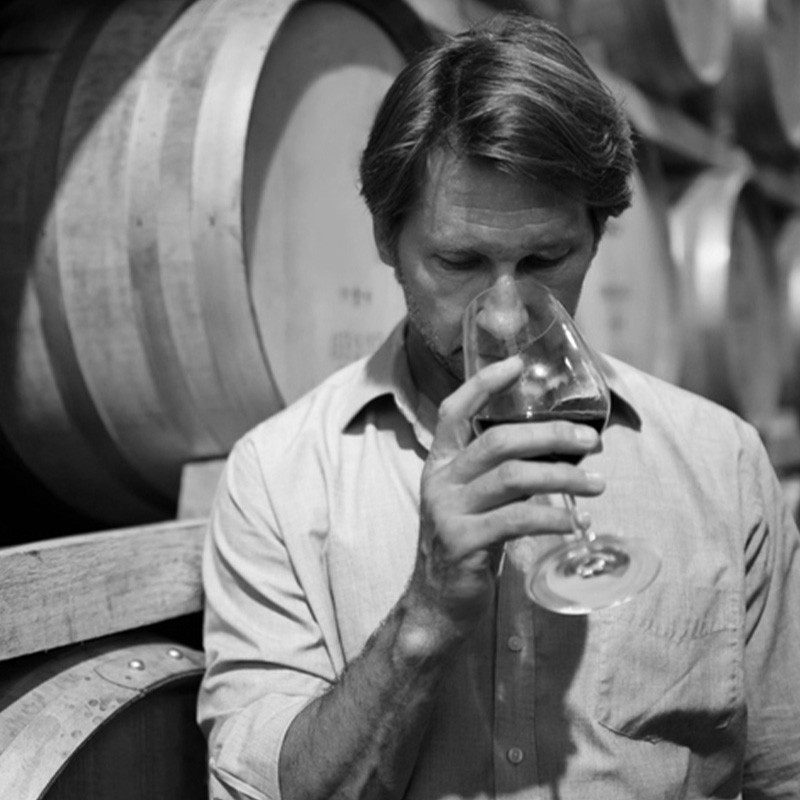We Need To Stop Neglecting Our Senses
What exactly is ‘sensehacking’?
It’s the name that’s been coined to describe the ways in which any one of us can use our five main senses to enhance our social, cognitive and emotional wellbeing. I come at this from a quarter of a century looking at our sensory system and how the senses connect. I’ve worked with companies around the world to help design better experiences for people – in homes, hotels, resorts, restaurants or elsewhere. Now I'm trying to take all the insights I’ve acquired and think about how they can be used by any one of us in daily life.
Why should we care more about senses?
Wherever we are, whatever we’re doing, we’re in an environment. That environment has a scent, a sound, a visual appearance and so on. We’re not always aware of our environment – it’s often just background for us – but it is always impacting us. Through our senses it can influence our mood, our behaviour, our performance. We might feel like we’re in control of our own destiny, but there are now a lot of experiments and research to show that, for example, how awake I feel right now isn’t just down to me. It’s also down to the weather or maybe the ambient smell of the floor cleaner I’m getting right now.
/https%3A%2F%2Fslman.com%2Fsites%2Fslman%2Ffiles%2Farticles%2F2021%2F03%2Fsupermarket-main.jpg?itok=ui1t3dFp)
But aren’t our senses overloaded already?
Yes and no. Digital technology is very good at stimulating us, but only visually and aurally. What we see and what we hear is associated with what we think, so sight and hearing are considered more rational senses and these are the ones that we now feel are overloaded. But have you heard anyone complaining recently that they’re smelling too much? Or tasting too much? Or touching too much? These are considered the more emotional senses because they’re less mediated by our conscious brain and more directly connected to our emotions. We’ve tended to neglect these emotional senses.
Has the pandemic made us more attuned to these senses?
I think the pandemic has shown us all how important touch can be. Lots of people have been able to see family members, hear them and communicate with them, but they’ve still really missed that tactile stimulation.
I’ve been working with Unilever for a long time and this fits with what we’ve been looking at. Your skin is your biggest sense organ – it’s around 20% of your body mass – and it’s got a lot of receptors that like to be stroked. The importance of touch is well established across many different species but, 20 years ago, tactile things like massages or olfactorial things like aromatherapy felt like luxuries. Today, we understand the neuroscience so much better and these things look like necessities. We know why stimulating our emotional senses is so good, but also how to do it better. We’re beginning to understand how the senses combine. Stroking is not just what you feel on the skin; it means someone is close enough to you for you to smell them. If touch is accompanied by a pleasant smell, it will be nicer; if there’s a bad smell, you might not notice its effect at all. That’s why those La-Z-Boy massage chairs never feel quite as good as getting a massage from another human.
Some long Covid patients are losing their smell for significant periods of time. They’re reporting that life becomes like living in a movie. They can see it going by, but they’re not really engaged in it. When you ask people which sense they would most hate to lose, the answer’s always vision. But if you look at the suicide rates among people who have lost a sense, the highest rate is among those who lost their smell. You lose all the pleasure of food, and so much social and emotional contact that you didn’t realise you had.
/https%3A%2F%2Fslman.com%2Fsites%2Fslman%2Ffiles%2Farticles%2F2021%2F03%2Ffootball-quote.jpg?itok=4hBD8Mur)
How can being more mindful of our senses actually help us?
As individuals, the biggest thing is actually the small things. Get out into nature and experience it with all of your senses. You probably remember all of the journalists who wrote about the pleasure of hearing birdsong during that first lockdown. It’s a small pleasure, but it really is beneficial.
At a wider level, I think we are starting to appreciate that our happiness doesn’t necessarily correspond to financial security. Governments and organisations are thinking about well-being metrics that account for elements like contact with nature. Look at how much greenery is being brought into offices! And that’s the right thing to be doing: just this week I was reading about a study that shows a correlation between the amount of people on antidepressants in a certain area and the amount of greenery in that area.
That’s what sensehacking is all about – helping people and societies to engage with our senses and balance them appropriately in order to enjoy some proven benefits. And sensehacking shouldn’t just be a protective mechanism: don’t wait to get ill and depressed – be proactive about creating the kinds of environment that humans are evolved for.
Sensehacking has been around for years. Here’s how it’s been manipulated…
You know how many people complain about the noise in restaurants and bars? If you go back a decade or two and look at the mission statements for places like Hard Rock Café and Planet Hollywood, research showed people drink 30% more if they’re listening to loud, fast music. That music reduces the enjoyment of eating and drinking out for many people, but it’s great for profitability. And there are lots of other examples of your senses being manipulated by marketers: pump out the smell of coffee in a petrol station and you’ll increase sales by 300%; Subway minimises its ventilation and tries to pick sites near stairwells so the smell of its food spreads far and wide. These are the external stimuli that can trigger you to buy something when your body’s not telling you it’s hungry.
3 SENSEHACKS THAT DO WORK

When we work from home, the problem is it's hard to differentiate the different parts of our life and this can lead to problems of sleep and stress. But there are lots of simple sensory things you can do to mentally reset. For example, if you come off a stressful call, change the smell – move around, light a candle, etc. The common bit of advice about sitting near natural light while you’re working is also a good one.
If you want to lose weight or just eat less at meal times, the best thing you can do is turn off technology. If you’re watching a particularly engaging TV show at a meal time, you might eat up to 30% more – just because the audio-visual overload you get from devices distracts your brain. It seems our brains know when to stop eating thanks to the number of sensations they experience, but if those sensations aren’t registering, we’ll just carry on eating. Work done in the Netherlands showed that if you give people apple juice, apple purée and apples, they’ll drink a lot more juice than they’ll eat apples simply because there are fewer sensations involved in glugging the juice.


One of the biggest factors in helping people stick with exercise is to do it outdoors. If you’re inside, spinning studios use loud music for a reason. A fast, pumping beat can help you go faster and longer, but it needs to be rhythmical and you need to be in control of the beat. There’s also research coming out to show that just swilling an energy drink round your mouth significantly improves performance. Your brain detects the carbs or whatever else is in your mouth and starts to predict the consequences, giving you a boost in performance without you swallowing anything. If you want to win at sport, wearing red has been shown to help. Or black – it makes you appear more aggressive.
Sensehacking: How To Use The Power Of Your Senses For Happier, Healthier Living by Charles Spence is out now. Buy it here.
DISCLAIMER: We endeavour to always credit the correct original source of every image we use. If you think a credit may be incorrect, please contact us at [email protected].


